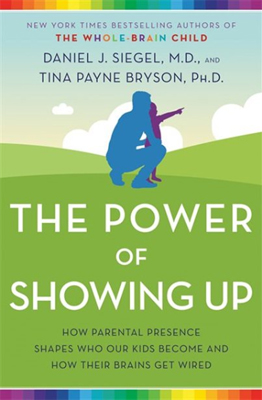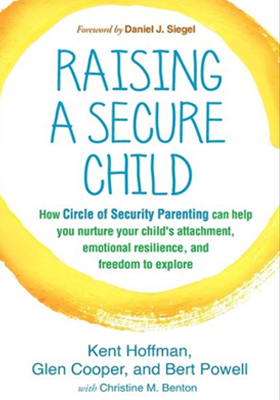Parenting is a tough gig. We all want to do it so well – but I believe it is the hardest job in the world. It has certainly been the hardest job I have ever done. I thought I would be a natural parent – I had always loved kids and knew I wanted to be a mother – but it was so much harder than I had anticipated.
If you are like most parents, you probably picture yourself being calm, kind and patient. And I am sure you have some of those moments. But you likely also have moments when you are overwhelmed, stressed out and focused on all of the things that need to be done around you – making it hard to be present for your kids in the way you had envisioned.
During the past decade, we have learned so much about what children need for optimal development. And the answer, while simple – can be hard to achieve amidst the fast pace world we live in. Research has shown that the best predictor or how a child turns out – in terms of happiness, academic success, leadership skills and meaningful relationships – is whether they have at least one adult in their life who has consistently shown up for them. Showing up is all about emotional presence – being emotionally present for your child so they feel seen, heard and taken care of when they are hurting.
The Four S’s – What Every Child Needs
There are four building blocks of a child’s healthy development and they provide the roadmap of how to show up for your child.
To Be Safe – children need to know that their home represents their safe place in the world. They may face challenges or hurts out in the world at school, on the soccer field or with their peers, but home needs to be their safe harbour – this allows them the ability to take risks for their growth and development.
To Be Seen – truly seeing a child means paying attention to their emotions – both positive and negative – and striving to pay attention to what is happening for them emotionally underneath their behaviour.
To Be Soothed – soothing is not about providing an easy life; it is about teaching your child how to cope when life gets hard and showing them that you will be there with them along the way. A soothed child knows that they will never have to suffer alone.
To Be Secure – when a child knows they can count on you, time and time again, to show up, be with them, to comfort and take care of them and to soothe them when they are hurting, they will trust in a feeling of security. This is what it means to be securely attached. And when children (and adults for that matter) have secure attachment – they thrive.
Showing up for your children does not mean you are a perfect parent and achieve the Four S’s without fail. This approach allows you to be real, make mistakes and have moments when you fail to show up by embracing the ability to make repairs. It is powerful for children to see parents make mistakes, apologize and take the steps to repair the relationship and connection together.
Showing up sounds easy, but we understand it is hard to do – especially when you have been faced with the challenges of living under quarantine. We have therapists on our team who have specialized training in working with families, parents and kids and they are here to help if you would like to grow in this area.
Call us today at 613-848-3683 or Book Your Appointment Online Now.
“Some of the most important things you can communicate to a child are that feelings are OK, mistakes are fixable, and there’s nothing they could do that would push you away or make you love them less. Behaviour is not perfect. Embrace the imperfect and show children they are worth holding close to your heart. No matter what.” Kelly Bartlett
by Mary Joan Brinson MSW, RSW
Books We Love
The Power of Showing Up: How Parental Presence Shapes Who Our Kids Become and How Their Brains Get Wired by Daniel J. Siegel, M.D. and Tina Payne Bryson, Ph.D.
Raising a Secure Child: How Circle of Security Parenting Help You Nurture Your Child’s Attachment, Emotional Resilience and Freedom to Explore by Kent Hoffman, Glen Cooper & Bert Powell












